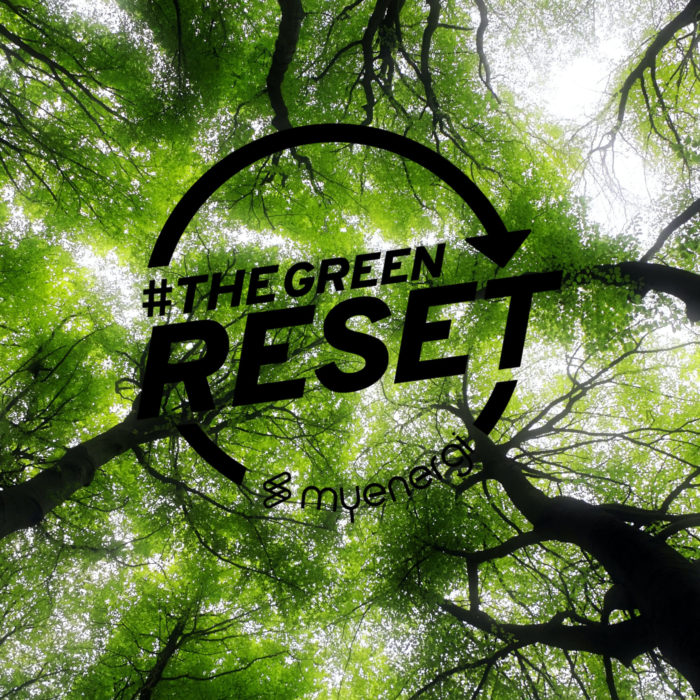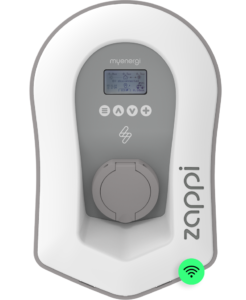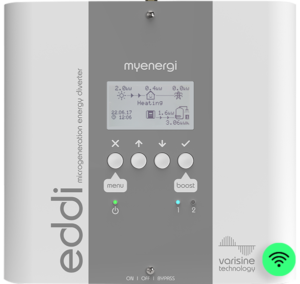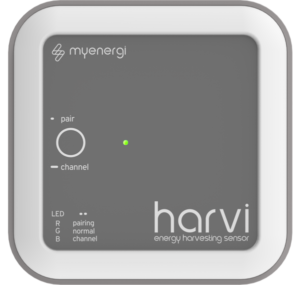Are electric cars better than petrol?
Electric Cars vs. Petrol: Which is the Superior Choice?
Deciding between electric cars and petrol vehicles isn’t straightforward. Both have their unique advantages, depending on what you value most in a vehicle. In this updated guide, we delve into the crucial aspects that set electric and petrol cars apart, helping you make an informed decision about which is truly the better option for you.
We’ll explore the environmental impact, range capabilities, accessibility, and, importantly, the cost implications of both options. By the end of this discussion, you’ll have a clearer picture of whether electric cars have the edge over their petrol counterparts or vice versa.

The Green Advantage: How Electric Cars Are Steering Us Towards a Cleaner Future
Electric cars are not just a step towards innovation; they’re a leap towards a greener, cleaner planet. The environmental benefits of electric cars are significant, making them a smarter choice for those concerned about our planet’s health. Let’s break down the reasons why EVs are leading the charge in eco-friendly transportation.
Cleaner Air, Healthier Lives: Electric cars contribute to cleaner air and a healthier environment. Unlike their petrol and diesel counterparts, EVs emit no tailpipe pollutants, drastically reducing the amount of greenhouse gases and pollution released into our atmosphere. This reduction in air pollutants is not only vital for our environment but also for the health of people living in urban areas. Studies have shown that electric cars can significantly decrease air pollution levels, making our cities and towns safer and more pleasant to live in. Imagine the impact—just one electric car can prevent around 1.5 million grams of CO2 from entering our air every year.
Eco-Friendly Production and Lifecycle: It’s true that manufacturing electric cars, especially their batteries, initially has a higher environmental impact. But when evaluating the entire lifecycle of an electric car, from production through to disposal, they emerge as the more sustainable option compared to petrol cars. As technology advances and research into battery recycling and longevity improves, electric cars become even greener. The lifecycle carbon emissions of an EV are approximately 17 – 30% lower than those of petrol vehicles, according to research by the European Energy Agency. This gap is expected to widen as renewable energy sources become more prevalent in electricity generation.
The Future Is Electric: While electric cars are already a more environmentally friendly choice, their potential for future improvement is vast. Innovations in battery technology and recycling processes are set to make EVs even more sustainable. Unfortunately, the same optimism doesn’t extend to petrol vehicles, which continue to contribute to environmental pollution without a clear path to significant improvement.
Research by the European Energy Agency found that, even with electricity generation, the carbon emissions of an electric car are around 17 – 30% lower than driving a petrol .
How do electric car and petrol car ranges compare?
Understanding Electric Car Range: Is It Enough for Your Lifestyle?
When it comes to the distance an electric vehicle (EV) can travel on a single charge, there’s quite a spectrum. Ranges can vary dramatically, from about 160 km on the lower end to up to 640 km for the highest-performing models. This variance in electric car range makes the debate between electric and petrol cars more nuanced.
For those wondering if electric cars can meet their needs, it’s essential to consider personal driving habits. For instance, a sales representative who covers vast distances daily might find the range limitations of electric vehicles challenging. The necessity to recharge more frequently could indeed add significant time to their day, making petrol cars a seemingly more practical choice.
Conversely, city dwellers or those with shorter commutes might find electric cars perfectly suited to their lifestyle. The appeal of driving on solar power, for instance, is not just environmentally friendly but can also be incredibly cost-effective. Imagine powering your daily commute with energy harnessed directly from the sun.
Drive Green with Solar Power: With innovations like the zappi solar panel car charger, the dream of charging your electric car for free using solar energy is a reality. This technology allows you to convert sunlight into fuel for your vehicle, reducing both your carbon footprint and your electricity bill.
*zappi solar panel car charger allows you to use your solar panels to charge your car battery for free.
Navigating the Range of Petrol Cars: A Closer Look
While the conversation around vehicle range often highlights electric vehicles, it’s crucial not to overlook the capabilities of petrol cars. The range of petrol vehicles can significantly vary, yet on average, many can achieve up to 640 km on a single tank. This figure interestingly surpasses the maximum range of many top-tier electric cars, adding an intriguing layer to the electric vs. petrol debate.
Why Petrol Cars Still Hold Their Ground:
For individuals whose lifestyles demand extensive travel distances or the need to cover a lot of ground quickly without frequent stops, petrol cars present a compelling case. The convenience of longer range and the ubiquity of petrol stations can make petrol vehicles a more practical choice for certain drivers.
Despite the shifting automotive landscape towards electrification, petrol cars remain a viable option for those who prioritie range and convenience, especially for long-distance travel. Their enduring presence in the market underscores the diversity of drivers’ needs and preferences, ensuring that petrol cars continue to have a role in our mobility options.

Exploring the Accessibility of Electric Vehicles in Ireland
The journey to electric vehicle (EV) adoption is not just about making the switch; it’s also about how conveniently you can keep your vehicle charged. Home car chargers offer a solution, providing power at your doorstep, but what happens when you venture further afield? The state of electric car charging infrastructure is a critical factor in the accessibility and practicality of EVs, especially outside urban centers in Ireland.
Charging Challenges Beyond City Limits:
Our exploration into Ireland’s electric charging stations as of April 2022 revealed a mixed picture of accessibility. While city dwellers might find charging stations relatively plentiful, venturing into more rural areas can present challenges. In some parts of Ireland, you could find yourself traveling up to 70km to reach the nearest charging point. And once you get there, availability and functionality aren’t guaranteed.
Petrol Cars: The Convenience Factor:
On the other side of the mobility spectrum, petrol cars continue to offer unparalleled convenience. With a petrol station seemingly around every corner, rarely more than 5km away, the ease of refueling is a significant advantage. However, as fuel prices climb, the economic benefits of this convenience are beginning to wane, making the case for electric vehicles even stronger.
The Road Ahead:
As we move towards 2025, with petrol car sales still in full swing and increasing fuel prices, the choice between petrol and electric hinges on more than just vehicle performance. It’s about weighing the convenience of traditional refueling against the environmental benefits and long-term savings of going electric. Ireland’s EV infrastructure is evolving, and with each new charging station, the gap in accessibility between electric and petrol cars closes a little more.

The cost of owning an electric car
Is the cost of owning an electric car higher than that of a petrol?
First off, insurance:
Through extensive research, we found that the average premium price for an electric car is €550, which is compared to the average price of €486 for a standard petrol engine car.
Tax:
Fully electric vehicles are completely free to tax each year. Compared to petrol vehicles which can range between £105 and £2,070 for the highest polluting car on the road. However the average in Ireland £230/year.
To purchase:
Electric cars in Ireland are typically more expensive to buy than their petrol counterpart. Which in the initial upfront payment, will set you back more. But when taking into account the lifetime costs of the vehicle; purchase, tax, refilling, servicing and insurance, electric cars do come out as the less expensive option over time.
Cost to refill:
Depending on a range of factors, the average it costs to keep an electric car fully charged for a week is around €36.00. This is based on an average sized battery, mid-ranged vehicle with a typical driving mile. In comparison, to a petrol car which costs €32.00 a week for the same coverage. However, electric vehicles can also be charged for free using solar or can be set to eco-charging overnight which can drop this weekly price by up to 70%.
Servicing:
It’s also handy to know, electric vehicles don’t require an oil & filter change during their service, which costs on average another €116 a year. That’s a €920 saving by removing the fossil-based components and elements of the combustion engine vehicle.
Electric vs. Petrol Cars: The Verdict Is Yours
After delving into the facts, the choice between electric and petrol cars ultimately rests in your hands. It’s a decision that hinges on personal preferences and your specific driving needs.
Electric vehicles (EVs) offer compelling advantages, particularly in terms of environmental impact, running costs, and innovative technology. However, for those who cover vast distances regularly, the current state of charging infrastructure might pose a challenge—waiting until it’s more comprehensive could be wise.
For individuals with solar panels, the equation shifts significantly. The ability to charge your car for free at home not only underscores the environmental benefits but also ensures a swift recovery of the initial investment through substantial savings on fuel costs.
Making the Switch: A Personal Journey
Choosing between an electric and a petrol car isn’t just about comparing features; it’s about considering how a vehicle fits into your life. Whether you’re drawn to the eco-friendly and cost-saving aspects of electric cars or the range and convenience of petrol vehicles, your decision will reflect your values, lifestyle, and how you envision the future of mobility.
Get the perfect home setup!
Contact our team
Get in touch with us today if you have a question about any of our products.-
+353 12 003003
ireland.admin@myenergi.com
1a Maple Drive, Bundoran Donegal Ireland

 libbi
libbi


